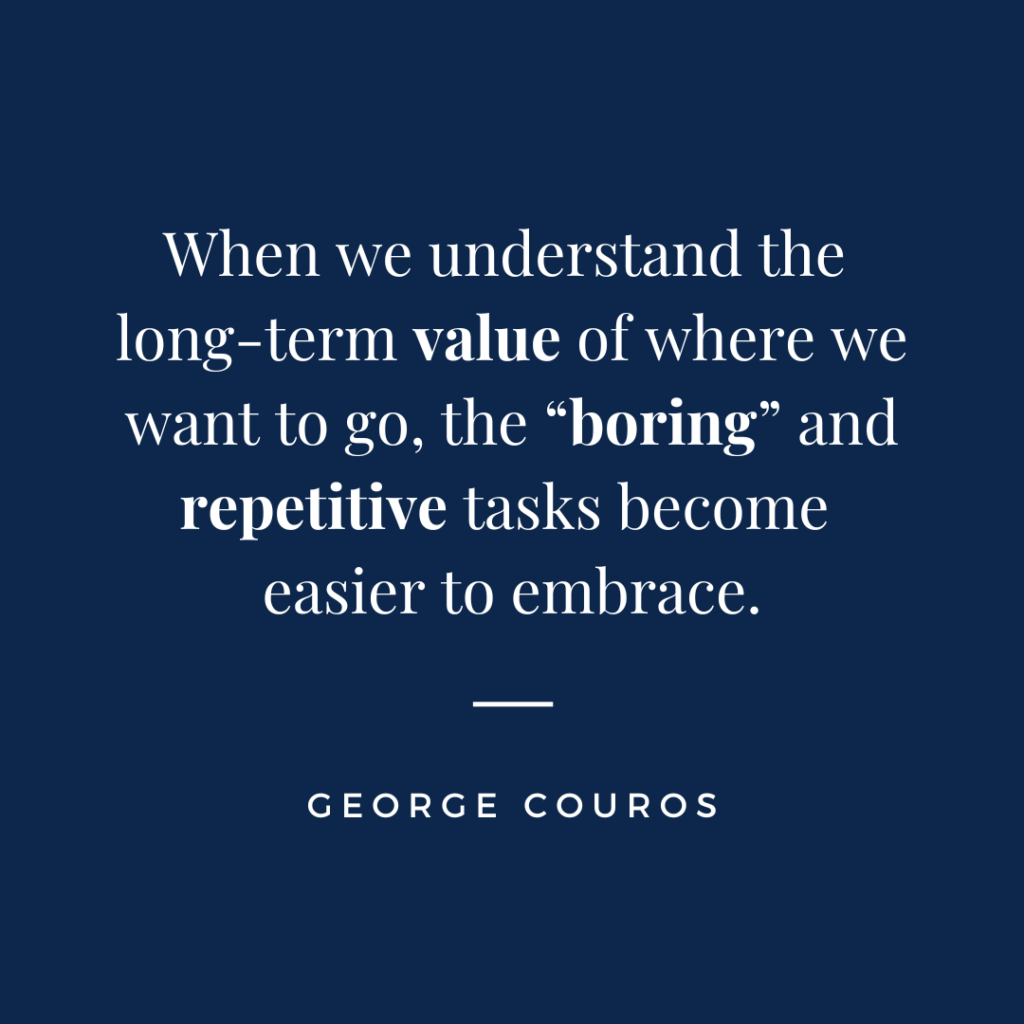
A teacher recently told me about their desire to move away from “drill and kill” in teaching.
While I’ve heard this term before, something about it stood out to me this time. Lately, I’ve been reflecting on my own language in teaching, aiming to avoid terms that ostracize those we’re trying to support and learn from.
For example, I’ve pointed out that it’s crucial to separate “traditional practice” from “bad practice.” Just as there are new methods that don’t always support learning, there are traditional practices—like storytelling—that will always work, even if they look slightly different than before.
“Drill and kill” carries a negative connotation right from the start, implying that a practice is ineffective before it’s even given a chance. It’s akin to renaming the lecture as “listen and die!”—obviously unfair and misleading.
But isn’t “drill and kill” just repetition of a skill?
Repetition itself isn’t inherently bad, though I understand how it can be overdone (just watch the movie Whiplash!).

Learning to play the piano in my late 40s has reminded me that in some areas of life and learning, repetition is the only way to improve.
So, is repetition the issue? Probably not.
The problem arises when repetition lacks a clear long-term value.
For example, I played a bit of piano as a kid and can still play the song “Fuzzy Little Bunny,” which I performed at my one and only piano recital. However, as a 6- or 7-year-old, I wasn’t inspired by it. I was into Depeche Mode and The Police because, being the youngest of four, I listened to whatever my siblings did.

Now, when I practice piano, I work on songs I love, like “I’m Just Ken,” playing them repeatedly until I get it right. The more I repeat the practice, the more I enjoy it. The issue isn’t repetition itself; it’s the lack of perceived value in the repetition.
With my oldest daughter, I teach her simpler versions of songs she enjoys, which motivates her to practice more.
In an Instagram video on this topic, I shared:
If you want to do the “creative” stuff, you have to become really good at the “boring” stuff.
Repetition is one of the ways we become really good at things, and if you aren’t willing to embrace that, how far can you go in your own learning?
That being said, when we see the long-term goal of where we want to go, the “boring” and repetitive stuff becomes easier to embrace.
Repetition is how we become skilled, and if you’re unwilling to embrace that, how far can you go in your learning?
When we understand the long-term value of where we want to go, the “boring” and repetitive tasks become easier to embrace.
If a learner sees value, repetition becomes invaluable. If not, it might feel like overkill.

Using terms like “drill and kill” dismisses the power of repetition in learning—not just in school, but in life. I used to struggle with writing, but now I’ve written over 1900 blog posts and authored or co-authored five books. I’ll continue to write because I’m excited to share what I’ve learned. Through repeated practice, I hope I have become better, but I know I can still grow.
When you see long-term value in what you are doing, repetition isn’t so bad. It might be the only way to get better.